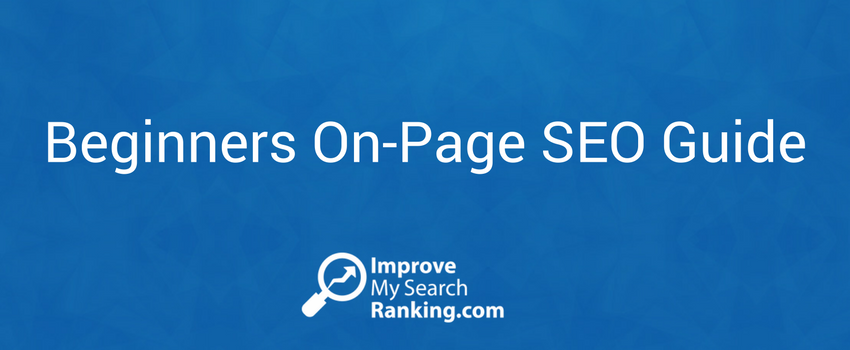
Google’s Confirmation: Quality Reigns Supreme in Search Indexing
In a recent development, Google has officially confirmed what many experts have suspected for some time: quality is the paramount factor influencing search indexing.
This confirmation may help SEO professionals and online businesses, prompting a deeper dive into the role of quality and its implications for search engine rankings.

This confirmation came from Google’s Gary Illyes in a recent Search Off the Record Podcast episode.
It is important to note that high quality does not guarantee high rankings on Google SERPs. However, it can impact how Google views your website.
“Quality affects pretty much everything that the Search systems do,” Illyes explained.
Quality affects indexing and crawling decisions
Furthermore, Gary Illyes also explained that quality can seriously affect indexing and crawling decisions. According to Gary, “The most important is quality. It’s always quality. And I think externally, people don’t necessarily want to believe it, but the quality, that’s the biggest driver for most of the indexing and crawling decisions that we make.”
The above applies to new and old websites equally.
Variance in quality
In his podcast, Gary Illyes also confirmed that a website may have varied quality in specific parts of the site. And if one section continues to have lower-quality content, it may get crawled less often.
User-generated content (UGC) is one area in particular that can often have varied quality levels and can influence Google’s decisions related to crawling and indexing.
Improving site quality
Can a website’s quality be improved?
Yes, according to Gary Illyes, even if a site historically had lower-quality content.
Gary suggests removing low-quality content, which can enhance the overall quality of the website and can positively affect how Google perceives your website.
Quality and affiliate websites
While talking about it, Gary Illyes also squashed a common myth that affiliate websites cannot have high-quality content.
“If a product is reviewed, pictures are taken, and unique content is created, it counts as high-quality content,” says Gary.
He also confirmed that affiliate links are not a problem as long as the content surrounding those links is unique, authoritative, credible, and helpful.
Quality’s integral role
But how do you improve the quality of your website and its content?
Google’s search index, the foundation upon which search results are built, relies heavily on the quality of web content. Understanding why quality takes precedence is vital to adapting to this paradigm shift in search engine optimization.
Unpacking Google’s ranking factors
Google’s complex algorithms consider numerous factors when ranking web pages. Some of the key factors include:
- Content Relevance: The alignment of your content with user queries is central. Google aims to provide users with accurate and useful information.
- User Experience: Google favors websites that offer an excellent user experience. Factors such as page load speed, mobile-friendliness, and intuitive navigation play a significant role.
- Backlinks: High-quality backlinks from reputable websites signal trustworthiness and enhance your content’s credibility.
- Technical SEO: Technical aspects, such as proper HTML structure, sitemaps, and schema markup, contribute to better indexing.
- Engagement Metrics: User engagement metrics, including click-through rates and time spent on pages, reflect the value of your content.
For more information, we suggest checking out the following 2 resources:
Strategies for Elevating Quality
Here are a few more practical tips on how you can improve the overall quality of your website:
- Thorough Keyword Research: Conduct comprehensive keyword research to understand your audience’s search behavior.
- Strategic Content Planning: Develop a content strategy focused on delivering valuable, informative, and engaging content.
- Optimize On-Page SEO: Pay close attention to on-page SEO elements, including meta tags, headings, and image alt text.
- User-Centric Approach: Always prioritize your audience’s needs and preferences when crafting content.
- Regular Updates: Keep your content current to maintain its relevance over time.
In the ever-evolving realm of SEO, Google’s affirmation of quality as the primary factor in search indexing is a pivotal moment.
As you strive to enhance your website’s visibility, remember that quality content is the linchpin of success. By prioritizing quality, you not only improve your search engine ranking but also provide real value to your audience.








